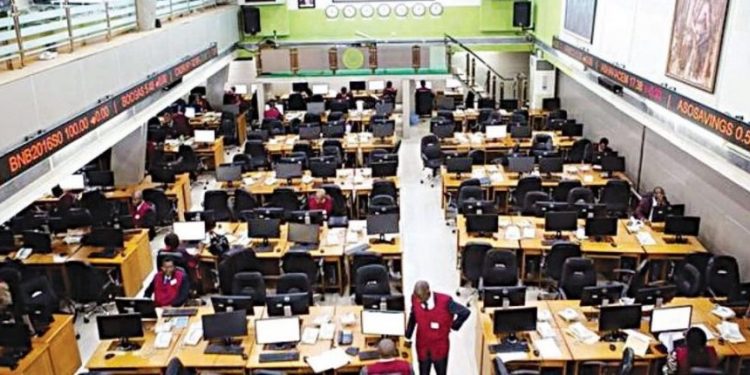The Nigerian equities market sustained its bullish momentum for a second consecutive week, with investors strategically selecting stocks in anticipation of 2023 Financial Year earnings releases. Despite a brief slowdown midweek due to profit-taking activities, robust rallies in Consumer Goods, Banking, and Industrial Goods stocks propelled the market’s All-Share Index to a historic high, closing at 83,042.96 points. Notable performers included BUAFOODS (+15.5%), DANGCEM (+7.7%), TRANSCORP (+17.9%), and GTCO (+8.9%), contributing to a 4.2% week-on-week gain and elevating the Year-to-Date gain to +11.1%.
Trading activity remained positive, with a 72.3% week-on-week increase in trading volume and a 112.7% week-on-week surge in trading value. The Consumer Goods (+9.6%), Insurance (+7.6%), Banking (+5.1%), and Industrial Goods (+4.8%) indices advanced, while the Oil and Gas (-1.6%) index declined.
Looking ahead, analysts say the short-term outlook for the market is expected to be dominated by bullish sentiment as investors position themselves for 2023FY earnings releases and potential dividends. However, caution is advised, and investors are urged to focus on fundamentally justified stocks amid a challenging macroeconomic environment.
Bond and Money Markets Navigate Dynamic Landscape
In the money market, the overnight (OVN) rate increased by 290 basis points week-on-week to 17.8%, influenced by CRR debits and settlements for Wednesday’s OMO auction. Despite the elevated OVN rate, the average system liquidity settled higher at a net long position of NGN250.11 billion. The Treasury bills secondary market experienced bullish proceedings, with an average yield contraction of 247 basis points to 4.0%. The NTB primary auction and OMO auction saw strong demand, leading to substantial oversubscription.
In the bond market, activities were bullish as bargain hunting persisted for instruments with attractive yields. The average yield in the FGN bonds secondary market declined by 44 basis points to 13.3%. Investors showed interest across the short, mid, and long segments of the benchmark curve.
Looking forward, analysts expect yields in the Treasury bills secondary market to trend higher due to a potential liquidity deficit. In the FGN bonds secondary market, the expectation is for yields to trend upwards in the medium term, influenced by factors such as global and domestic monetary policy stances and sustained imbalances in demand and supply dynamics. The complex landscape of Nigeria’s financial markets reflects the delicate balance between optimism and caution among investors.















